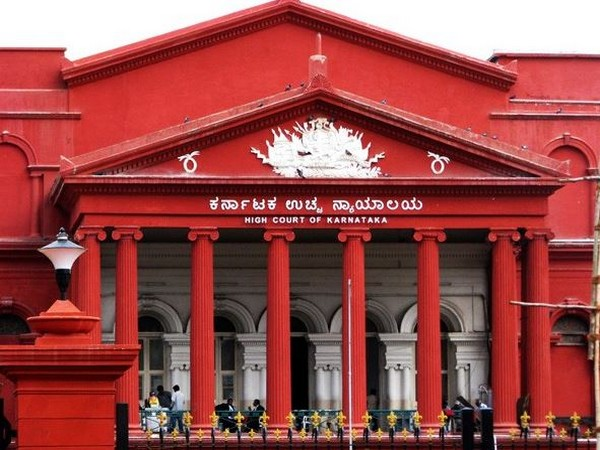Synopsis: Senior Advocate Jayna Kothari argued that blind workers would require support, suggesting that they would have physical contact with different persons.
On Thursday, the Karnataka High Court ordered the state government to reconsider making it mandatory for government employees, especially blind employees, to report for duty in the midst of the COVID-19 pandemic at 100 percent capacity.
The Division Bench of Chief Justice Abhay Shreeniwas Oka and Justice Vishwajith Shetty urged the State Government to reconsider its decision within two weeks, therefore issuing a notice of plea filed by the Karnataka Federation of the Blind.
The Court took Senior Advocate Jayna Kothari’s submission into account, arguing that blind workers would require assistance, meaning that they would have physical interaction with various individuals.
Because of the difficulties raised by COVID-19, the plea was moved on behalf of government employees with visual and other disabilities seeking fair accommodation. It was the petitioner’s case that the government’s decision in this regard was in direct contravention of the directives of the central government.
The plea alleges that the Department of Empowerment of Persons with Disabilities (DEPwD) had released detailed “disability-inclusive guidelines” on March 27, when the lockdown was imposed to restrict the spread of COVID-19. In compliance with these rules, during that time workers with blindness and other serious disabilities, both in the public and private sectors, were exempted from critical service work.

In addition, on 28 April, the Government of India released another memorandum informing the petition that the exempted time of absence from work for employees with disabilities could be considered as a special leave without loss of pay.
After the lockdown was lifted in Karnataka, on May 18, the State Government ordered all government employees belonging to Groups A, B, C and D to report at 100% capacity for service. It was noted that even workers with disabilities fall under this scope.
Highlighting the plight of disabled workers, the PIL said that on days when they are unable to work, some of them take personal leave.
The petitioner association argued that because of the increased dependence on other persons to assist them, persons with disabilities, especially those with blindness, are at an increased risk of COVID-19 infection if made to travel to work.
The plea further stated that in movement and at work, blind individuals require physical support and are therefore unable to maintain physical distance. Some people, including co-workers and employees, are not able to assist individuals with disabilities because they choose to preserve physical distance due to the possibility of COVID-19 infection.
The petitioner argued that in addition to being completely contrary to the Centre’s guidelines, the State’s decision to require blind workers to come to work is contrary to Section 8 (Protection and Safety) of the Right of Persons with Disabilities Act (RPWD Act) as well as to Articles 14 and 21 of the Constitution.
On these grounds, the petition sought directions from the Court to set aside a circular dated 18 May from the State Government.
In addition, the petitioner also requested guidelines to be provided to respondents to provide employees with disabilities with private transportation facilities, particularly for people with blindness, where it is not possible to exclude them from roster duty.
The matter will be heard next on the 14th December.

